Drugs Illicit and Prescribed
Causes
Many prescribed drugs only treat the symptoms of a condition while not addressing the underlying cause. As well as affecting the part of the body they are targeting, they impact the entire body and can cause side effects, which in some cases may be very serious or even life-threatening. The risk of this occurring is much higher if a person takes multiple types of medication. These effects may continue to be present even years after exposure to the drug that has caused them. Both recreational and prescribed drugs can be addictive. Medication and illicit drugs taken by a pregnant woman can also affect her unborn child. Certain factors may make a person more likely to develop a drug problem, these include: loneliness, family history of drug abuse, traumatic experiences, not feeling in control and drugs being readily available. Recreational drugs are generally contaminated with heavy metals and carcinogens which the liver is not able to cope with. They are able to cross the blood-brain barrier and have impacts on the brain both in the short term and in the long term.
Symptoms
Side effects of prescribed medication can include headaches and nausea or more serious problems such as fainting, loss of vision and even life-threatening problems. Some people may also experience an allergic reaction or intolerance to the drugs that they are taking. Patients taking multiple types of medication have reported effects such as a dramatic drop in blood pressure, irregular heart beat and toxin damage to the heart and liver. Some medications can inhibit the efficacy of others and certain combinations may lead to excessive bleeding or make it unsafe for a person to drive. Abuse of recreational drugs can make a person less productive and more likely to become depressed. They may also resort to stealing in order to fuel their addiction.
BICOM® Programs to be Used
Supplements to take
Vitamin B complex, vitamin D-3, iodine, vitamin C complex, probiotics
Other therapies
Rather than take drugs that simply reduce the symptoms of a condition, it is best if the underlying causes can be addressed and treated. If a prescribed drug is causing problems, it may be possible to switch to an alternative. Consuming a balanced, primarily plant-based diet, including healthy fats and avoiding certain foods will help to support the body’s natural healing processes, perhaps reducing or eliminating the need for certain medications. If possible, discontinue taking drugs that are not necessary, under the supervision of a qualified physician. Taking steps to reduce stress and tackle mental health issues may help a person to avoid or recover from a recreational drug problem. Detoxification can help to remove traces of drugs from the system.
Experiences and case studies
One woman was helped to overcome a serious illicit drug addiction through the use of bioresonance therapy. She was taking Heroin, Crack Cocaine and other drugs and all of the conventional treatment she received including medication and rehabilitation had proved ineffective. After bioresonance treatment, however, she was able to become clean and her cravings became manageable. She gained some of her independence back and treatment also helped her skin to heal.
